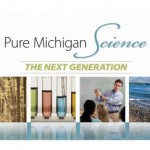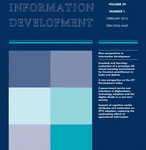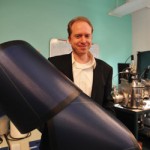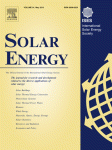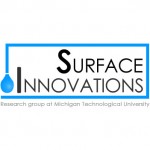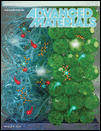MSE SEMINAR
Tuesday, April 2, 2013
11:00 am – 12:00 pm
Room 610, M&M Building
Graduate Student Presentations
In-situ Lithiation/Delithiation Studies on Transitional Metal Oxides (TMOs) Using an Aberration-corrected Scanning Transmission Electron Microscope
YiFei Yuan
Graduate Student
Materials Science and Engineering Dept.
Michigan Technological University
Evaluating the Strengthening Effects of Increasing Supersaturation in Al-Sc-Zr Alloys
Kyle Deane
Graduate Student
Materials Science and Engineering Dept.
Michigan Technological University
In-Situ Mechanistic Analyses of Electrode Materials for Sodium Ion Batteries
Jacob Kolar
Graduate Student
Materials Science and Engineering Dept.
Michigan Technological University
Increasing Solar Energy Conversion Efficiency In Hydrogenated Amorphous Silicon Photovoltaic Devices With Plasmonic Perfect Meta- Absorbers
Jephias Gwamuri
Graduate Student
Materials Science and Engineering Dept.
Michigan Technological University

